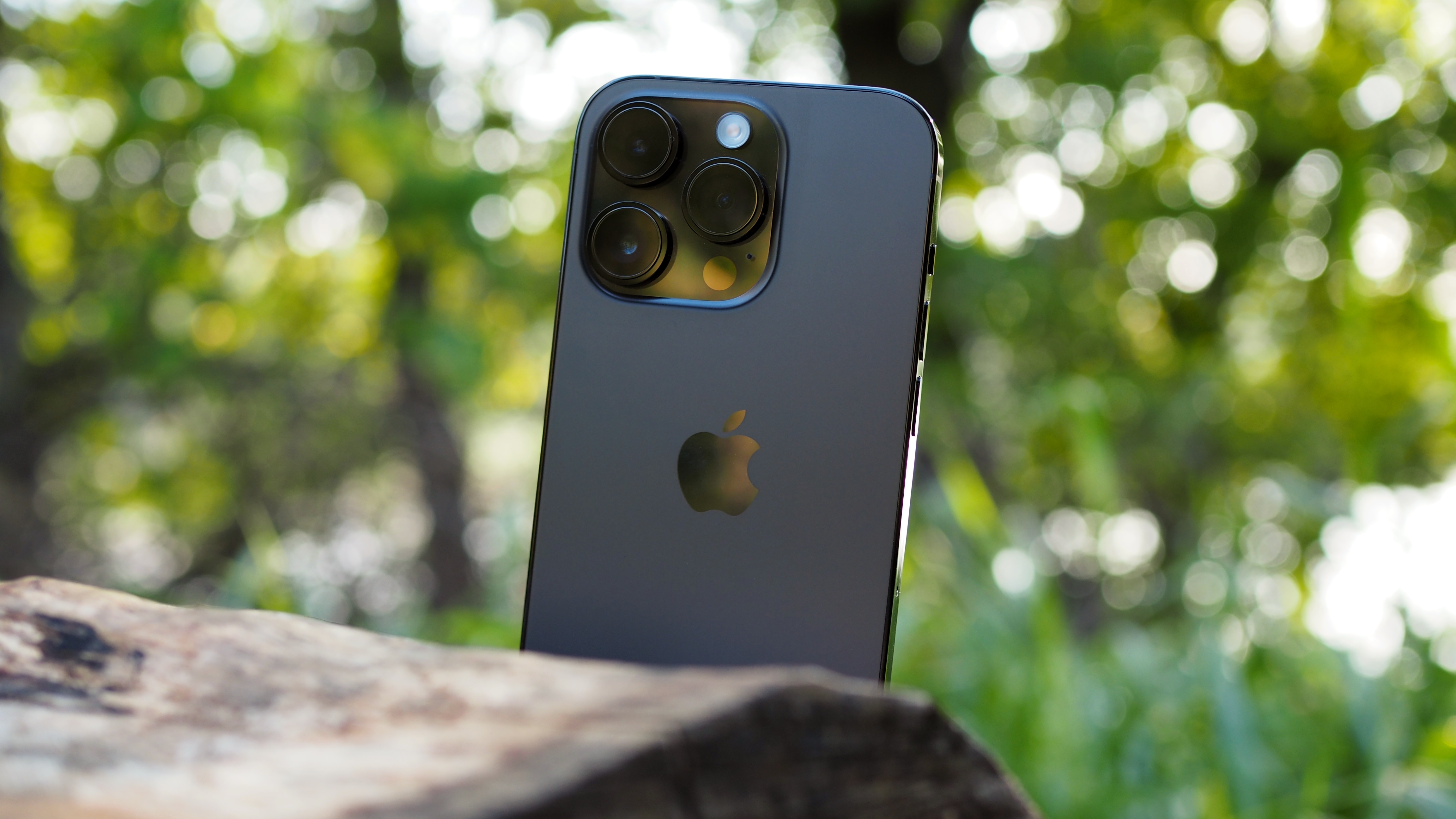
The upcoming iPhone 15 Pro is rumored to feature Apple's new 3-nanometer A17 Bionic core processor, making it likely that the smartphone will be more powerful than any of its rivals. But a report on The Information claims there are other reasons why the new chip may put Apple head and shoulders above the competition.
According to The Information, Taiwan Semiconductor Manufacturing Co (TSMC), the company that makes Apple's chips for its MacBooks, phones and more, has a deal that puts Apple at a huge advantage: "TSMC effectively eats the cost of the defects that inevitably crop up in a new manufacturing process."
A sweet deal for Apple
TSMC only charges Apple for chips that work, but not the defective ones, saving Apple a huge amount of money. This isn't common as tech brands usually have to cover the costs of all chips, even those that don't work. The Information suggests this could be because TSMC covers the costs through its massive orders from Apple.
Although Apple benefits from this deal, so does TSMC. Having Apple as its main customer means the maker can pump money into the research and development of new technologies, as well as the equipment that produces them.
TSMC has used a new process to make Apple's latest A17 chip. It refers to this as 3 nanometer and the result is chips that are smaller, faster and more power efficient. Not only is this the process behind the A17 chip that we're expecting in the upcoming iPhone 15 Pro, it's also used to create the M3 chip, which will be in the next refresh of Apple's iMacs and MacBooks – including the new M3 Max MacBook Pro.
In more good news for Apple, TSMC is using this process to make chips exclusively for its gear for a whole year before it'll be making them for its rivals.
Apple is expected to officially launch the iPhone 15 and iPhone 15 Pro at its iPhone event in September. Only the iPhone 15 Pro is expected to feature the new A17 chip.







